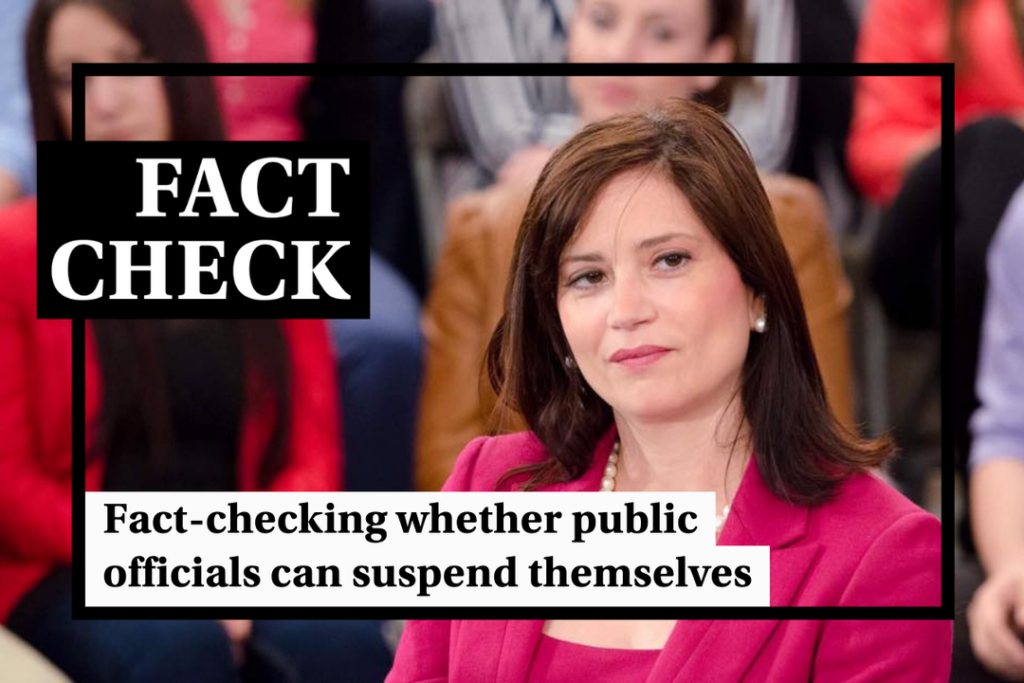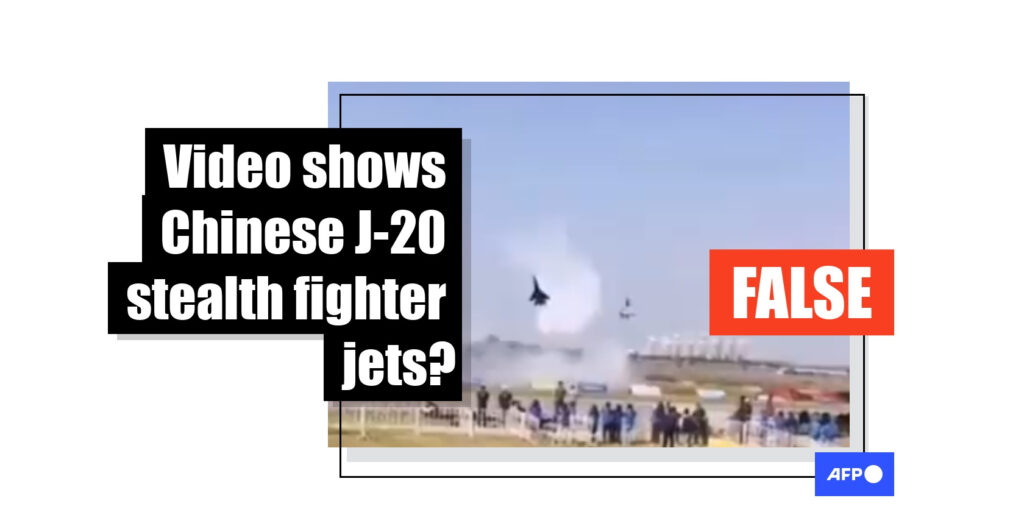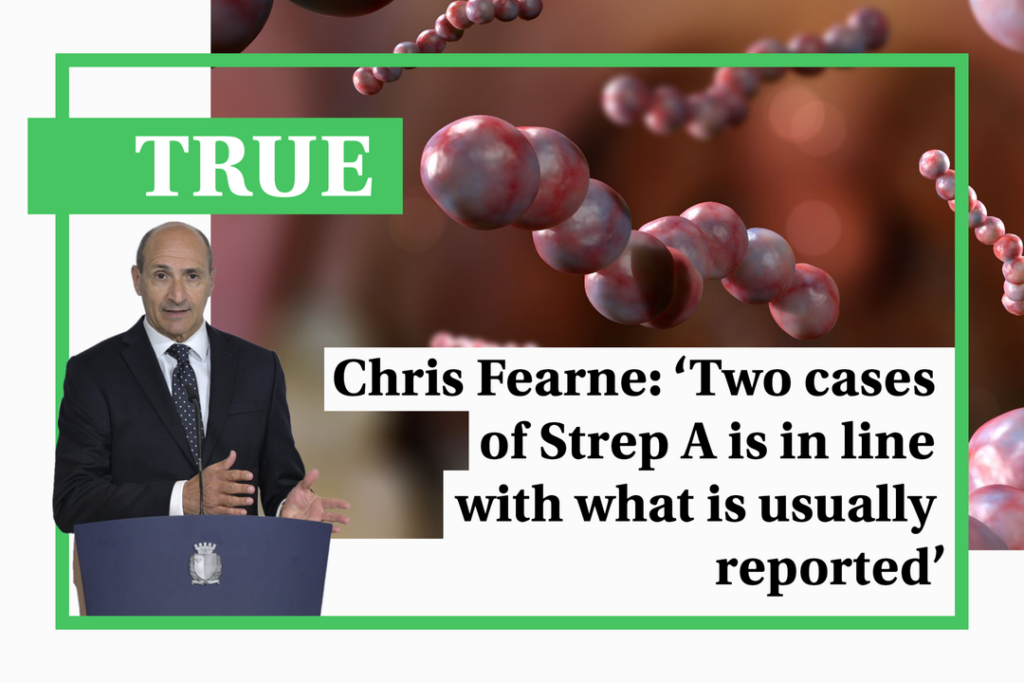Foundation for Medical Services CEO Carmen Ciantar recently suspended herself from her role following bribery allegations in a Pakistani newspaper that claimed that she received funds from a company linked to the VGH group, a consortium that had been awarded a concession to manage three public hospitals. The concession was scrapped by Malta’s courts earlier this year, which described the group’s actions as “fraudulent”.
The Foundation for Medical Services is a public body within Malta’s Health Ministry, tasked with managing projects and technical operations across Malta’s public healthcare system.
While denying the allegations and requesting an urgent police investigation into the matter, Ciantar decided to suspend herself from her post, saying that she was doing so “to be in a position to defend my position”.
Several readers have written to Times of Malta to ask whether public officials can voluntarily suspend themselves from their duties.
Who had previously self-suspended?
Ciantar is far from the first public official to self-suspend when faced with allegations of misconduct or potential criminal investigations.
One of the earliest publicly documented instances of a public official suspending themselves dates back to February 2013, when the then-head of the Security Services Godfrey Scicluna suspended himself after learning that criminal charges would be filed against him after he reversed into an elderly man while parking his car.
In 2015 Institute for Tourism Studuies executive director Henry Mifsud suspended himself when the Internal Audit and Investigations Department opened an investigation into alleged irregularities.
A similar self-suspension was recorded in 2016 when Edward Caruana, an official at the Foundation for Tomorrow’s Schools self-suspended when faced with corruption allegations.
The only case of a sitting Minister suspending himself from his role took place at the height of the 2019 political crisis when then-Economy Minister Chris Cardona announced that he would be suspending himself until investigations into the murder of Daphne Caruana Galizia were completed.
Other self-suspensions followed in later years, with MFSA officials Joseph Cuschieri and Edwina Licari suspending themselves in 2020 over a Las Vegas trip paid for by murder suspect Yorgen Fenech and former prison director Alex Dalli suspending himself following a spate of suicides among prison inmates.
What regulations govern public officials’ behaviour?
Disciplinary procedures against public officials are governed by the Public Service Commission (PSC), which establishes and implements the disciplinary regulations set out by law. These are also outlined in the public service’s manual on disciplinary procedures.
These regulations apply to public service employees, including those who form part of central government’s administrative branches such as people working in ministries or government departments.
However other government entities which are considered to form part of the public sector, rather than public service, are governed by their own board of directors and may adopt different disciplinary procedures.
However, insiders told Times of Malta that public sector entities nonetheless often follow the PSC regulations.
Do these regulations allow for self-suspension?
No, although the PSC regulations outline several forms of suspension, self-suspension is not one of them.
Replying to questions from Times of Malta, a spokesperson for the Principal Permanent Secretary described self-suspension as “a decision taken by the employee”, adding that although “not specified in the law, it is not prohibited, but terms would apply”.
“For example, the employee would go on unpaid leave or be obliged to utilise vacation leave.”
It is unclear who sets these terms or according to what parameters. Follow-up questions to this effect remain unanswered at the time of publication.
Insiders who spoke to Times of Malta argued that although self-suspension is not a frequent course of action, it is a step sometimes taken by the employee to clear their name before the incident reaches a stage in which formal disciplinary procedures would need to kick in.
Disciplinary proceedings cannot be instituted unless investigations are already underway.
What happens when an employee is facing a criminal investigation?
The regulations say that if a public official is being investigated in connection with a criminal offence their head of department must inform the PSC and recommend whether the employee should be suspended “for precautionary purposes”, such as to prevent any tampering with evidence.
Officials who are suspended for precautionary purposes receive half-pay.

Aside from a precautionary suspension, an employee facing criminal investigation may also either face a summary suspension of a maximum of eight working days or may be ordered to take up to 100 hours of forced leave.
The law states that aside from these measures, no disciplinary proceedings can be taken “until the conclusion of the criminal proceedings and the determination of any appeal”.
The law does not specify the length of a precautionary suspension but notes that if an official who has been suspended for six months has not yet been charged with a crime, they may write to the PSC to ask for the suspension to be lifted.
Verdict
Self-suspensions are not specified in law or in public service regulations. However, they are not unusual and are often used by public officials seeking to clear their name when faced with allegations of misconduct or criminal action.
The Public Service Commission’s disciplinary regulations say that a public official under criminal investigation may face a precautionary suspension, a summary suspension or may be instructed to take forced leave.
The Times of Malta fact-checking service forms part of the Mediterranean Digital Media Observatory (MedDMO) and the European Digital Media Observatory (EDMO), an independent observatory with hubs across all 27 EU member states that is funded by the EU’s Digital Europe programme. Fact-checks are based on our code of principles.
Let us know what you would like us to fact-check, understand our ratings system or see our answers to Frequently Asked Questions about the service.





